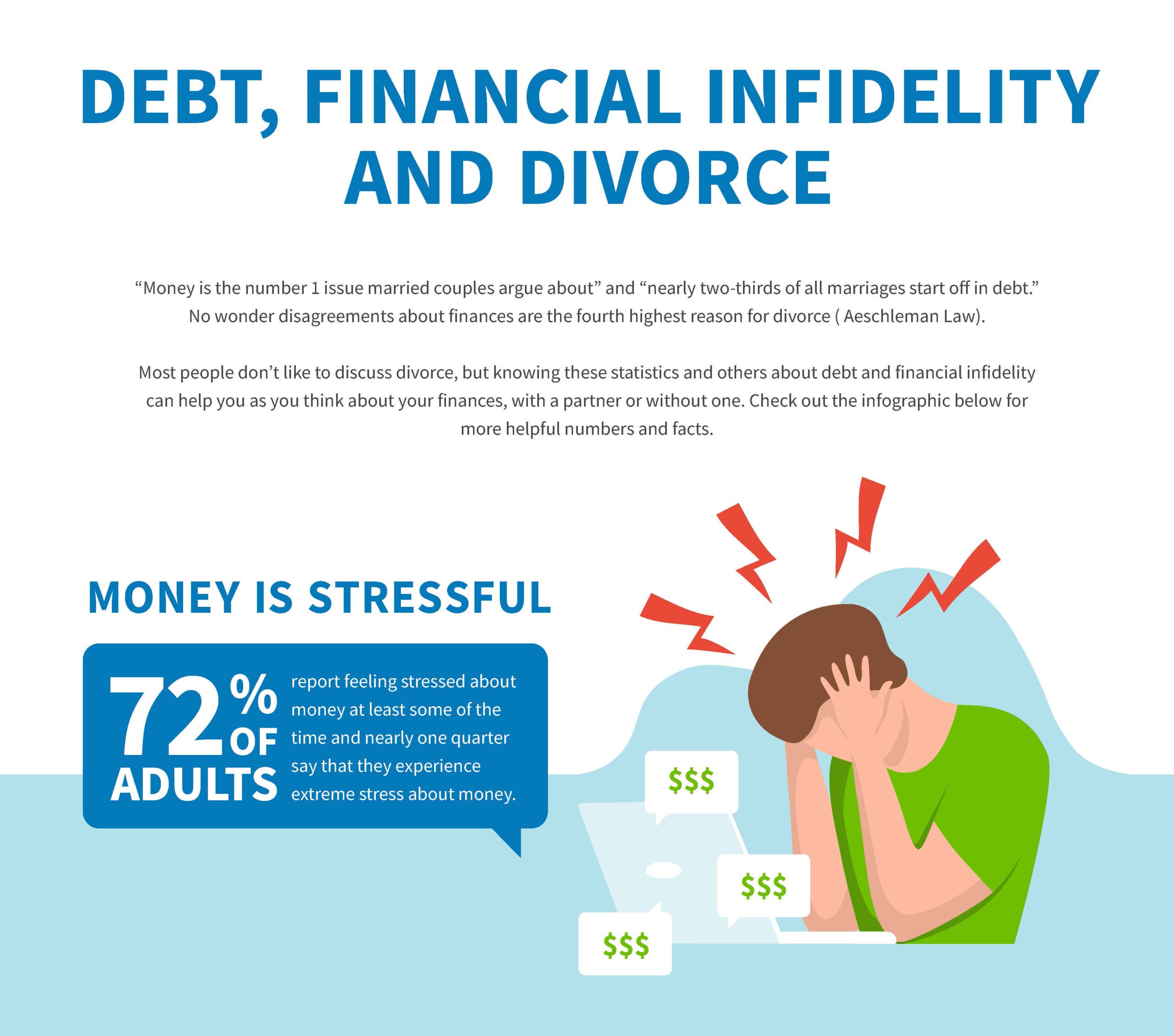Disclosure regarding our editorial content standards.
Yes, a debt can technically be sent to collections without any notice. In some cases, you might not realize the debt is in collections until you check your credit report. Sometimes, you might not realize you owe the debt at all.
One common example of this is medical debts. There can be an assumption that you know you owe money based on what the insurance did and didn’t pay, and debts can be turned over to collections in some cases without a notice to you.
When a debt is sent to collections, it is being written off the books by the original creditor. It’s then reported as a collection account on your credit report, which is a serious negative mark on your credit history. You do still owe the money, though, and either the original creditor’s collection department or a third-party collector may try to collect the money from you.
What is the Fair Debt Collection Practices Act (FDCPA)?
The FDCPA is a federal law that requires debt collectors to adhere to standard, nonabusive practices. Its purpose is twofold: First, it’s designed to protect consumers from unfair or harassing debt collection practices. Second, it provides some protection for reputable debt collectors so they don’t have to compete with abusive competition. It’s important for you to know about the FDCPA so you can assert your rights when dealing with debt collectors.
Who can debt collectors contact?
Debt collectors can contact you about your debt unless you have notified them that an attorney is representing you. In that case, they are supposed to contact the attorney. Debt collectors can also contact other people but only to get your contact information, including your phone number, address and place of work. The FDCPA prohibits debt collectors from discussing your debt with those other people.
When can debt collectors contact you?
According to the Federal Trade Commission, debt collectors can’t contact you anytime they want. Some limitations are:
- They can’t call you before 8 a.m. in your time zone, unless you agree
- They can’t call you after 9 p.m. in your time zone, unless you agree
- They can’t call you at work if someone, including you, tells them you aren’t allowed to take calls there
What if you receive a letter from a debt collector?
First, check that the letter includes all the required information. The FDCPA spells out what a letter sent by a debt collector must say. The letter must:
- State that the letter is an attempt to collect a debt
- Give you 30 days to dispute the validity of the debt
- State the amount of money you owe
- Give you the name of the original creditor
If the letter does not contain this information, the collector could be in violation of the FDCPA.
If you don’t owe the debt . . .
Send the collection agency a letter disputing the validity of the debt within 30 days of receiving the letter. If you responded within 30 days and the company can’t send you proof of the debt, it must cease communications with you.
If the collector can’t prove the debt is yours, it obviously can’t be reported to the credit bureaus as belonging to you. If you find the collection account still listed on one of your credit reports, you can send a letter requesting its removal to the relevant credit bureau.
If you do owe the debt . . .
If you do owe the debt, you have a few options. First, if you can pay it off, do so as soon as possible. This might keep it from being reported to the credit bureaus.
Otherwise, you can try to work out a payment plan with the collection agency. Make sure you get this agreement in writing, though, so the agency doesn’t continue collection efforts against you.

If you can get the collection agency to agree to not report the item to the bureaus, that would be ideal. If the collection is reported, it can impact your score negatively for up to seven years.
Can you stop debt collectors from contacting you?
You can request that a debt collector stop contacting you. Send the request in writing and keep a copy for yourself. You may want to send it certified mail for good measure. Once the debt collector receives the letter, they legally must stop contacting you. However, you still do owe the debt.
Does paying a debt in collections remove it from your credit report?
No, paying a collection account doesn’t remove it from your credit report in most cases.
While you can ask the collection agency for a pay-for-delete agreement, this isn’t as common today as it once was. A pay-for-delete is when you agree to pay what you owe or most of it, and the collection agency agrees to delete the record from your credit report. Many collection agencies have contracts with the credit bureaus to provide correct information to ensure the accuracy of consumer credit reporting, though. Because of that, most won’t agree to a pay-for-delete arrangement.
But there may still be some benefit to paying a collection account—when you pay a collection account, the agency should report that to the credit bureau. The item will then show as a paid account rather than an unpaid collection account. Some credit scoring models view paid collections in a more favorable light than unpaid collections.
What can you do if an inaccurate collection is on your credit report?
If you find an inaccurate collection item on your credit report, you have a right to have it removed. The Fair Credit Reporting Act includes provisions to protect your right to a fair and accurate credit report. Gather any evidence you have about why the item is inaccurate and send a dispute letter to the credit bureau in question.
The credit bureaus are required to investigate, and if the collection agency can’t prove that the debt is legitimate and that it’s yours, the item should be removed. You can also work with a credit repair service such as CreditRepair.com if you want professionals to help you get inaccurate negative items removed.
Final tips for handling collection accounts
- Know that you have rights and understand what power collection agencies actually have.
- Check your credit reports regularly so you know as soon as possible about potentially negative items.
- Keep records of everything, including conversations with creditors and collection agencies and written documentation of agreements you make with them. You may need this documentation if the collection agency doesn’t hold up its side of an agreement.
- Consider working with an attorney or another professional if you’re facing a very aggressive collector, if you believe you don’t owe the amount or if you want to find a way to settle large debts in the most favorable way possible. You can also work with an attorney if a creditor has violated the law and you want to protect your rights.
CreditRepair.com helps people repair their credit when inaccurate negative items have tanked their score. Contact us to find out how we can help you work toward a clearer credit report if you have questionable collection accounts on yours.
The post Can a debt be sent to collections without notice? appeared first on CreditRepair.com.



No comment